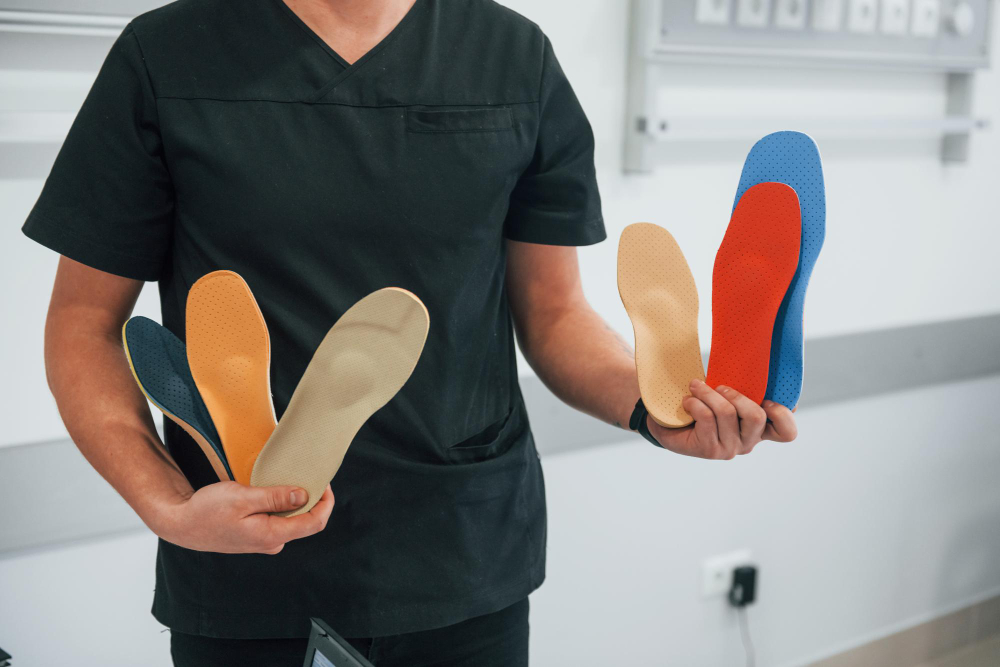Pes Cavus
Pes Cavus, or high arch, is a human foot type with a fixed plantar flexion. Therefore, the sole of the foot is hollow when bearing weight. High arches are less common than flat feet, and can be caused by both neurological and orthopedic conditions.
Pes Cavus is a multiplanar foot condition that also commonly features an inverted hindfoot; an adducted forefoot; and toes that are dorsally contracted. Highly arched feet can be more painful than flat feet as more stress is placed on the area between the ankle and toe. The condition can also cause lateral ankle instability and knee and back pain. People with high arches typically require foot orthotics.
Symptoms of Pes Cavus include shortened foot length; difficulty finding shoes that fit; and foot pain when walking, running, and standing. Foot pain can result from abnormal plantar pressure loading due to the foot’s reduced ground contact area.
Very high arches can cause disability. Management of pain includes stretching and strengthening of tight or weak muscles. Appropriate footwear and properly-fitted foot orthotics are essential in preventing injury and caring for feet with high arches.






